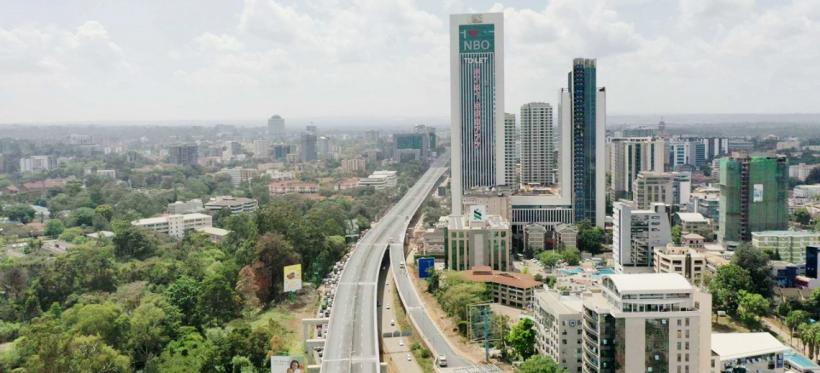Nairobi bourse feels pinch as benchmark index dips

Investors are feeling the pinch as Nairobi Securities Exchange (NSE) experiences a significant decline in paper wealth, with a key index dropping to a decade low.
Nairobi All Share Index (NSE-ASI) ended yesterday at 103.6, a level last seen in January 2013, and down 28.4 per cent in the past year alone, according to the Financial Times, a leading global business publication
A market capitalisation weighted index, NSE-ASI represents the performance of all listed companies on the Nairobi bourse.
Despite record profits and dividends, Safaricom and other leading banks like Equity and KCB have seen their stock values steadily decline, causing the combined wealth of investors to reach levels last seen 10 years ago. Investors’ paper wealth reached Sh1.604 trillion on Friday, according to market statistics, before recovering slightly by Sh8.5 billion to close at Sh1.613 trillion on Monday.
This kept the NSE close to the level reached in the week ending July 25, 2013, when the market reached Sh1.432 trillion.
The market capitalisation of Safaricom, KCB, Equity, Co-op Bank, and East African Breweries (EABL), which comprises 68.3 per cent of the total, has decreased by Sh142.31 billion over the last four weeks, contributing to the NSE decline.
Analysts say this is due to the fact that foreign investors who constitute 60 per cent of the market are staying out of emerging markets due to volatility in the global markets.
Rising inflation
“Our local returns cannot sustain our market as long as offshores are absent,” said Kenneth Minjire of AIB-AXYS Africa.
Investors are also worried about the impact of rising inflation and high interest rates on the stock market. Local retail investors have been cashing out due to the difficult economic conditions in the country, leaving the bourse even lower.
The decline in market capitalisation is particularly concerning for investors, as it indicates a loss of confidence in the NSE and Kenya’s economy as a whole. It also suggests that there is lack of investment opportunities in the country, which could have a ripple effect on other sectors.
Regional hub
However, some analysts remain optimistic about the future of NSE, pointing to recent developments such as the launch of Nairobi International Financial Centre (NIFC), which aims to position Kenya as a regional hub for finance and investment.
They also cite the potential for growth in sectors such as technology and renewable energy. Despite these positive developments, it is clear that the NSE is facing significant challenges in the short term.
Investors will be closely watching the market to see how it performs in the coming weeks and months, and whether it can recover from its current slump.










